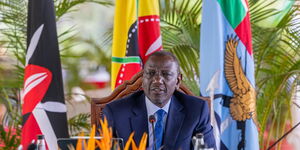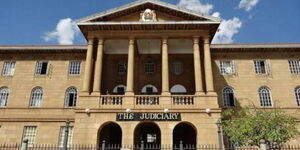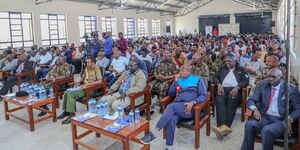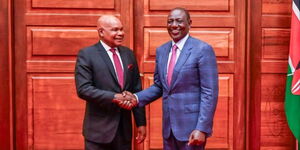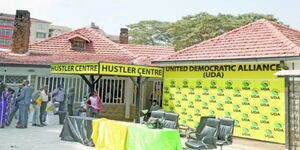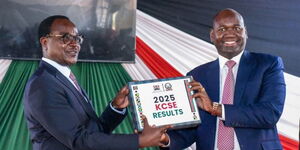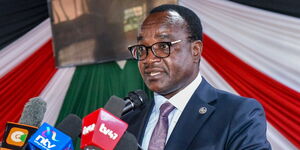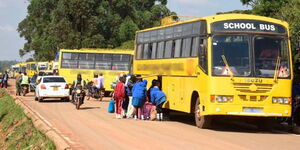South Korean Justice Minister Han Dong-hoon's daughter risks losing admission after 40,000 parents signed a petition accusing her of plagiarism on Thursday, April 20.
A group of parents launched a petition demanding the Massachusetts Institute of Technology (MIT) reconsider her admission, accusing her of outsourcing an academic writer from Kenya.
In their online petition, the accusers indicated that an academic writer outsourced from Kenya wrote one of the minister's daughter's scholarly articles on America's national debt.
''What if student A did not report in her MIT application any of the fabricated research articles and math workbooks … or the scholarly article on U.S. national debt that she outsourced to a ghostwriter in Kenya?" the petition stated.
"What if student A earned her MIT acceptance based entirely on her sole true merit?" they further questioned.
Defending their petition, they argued that allowing plagiarism and academic cheating lowered education standards.
"Her acceptance signals a major red flag for justice and fairness in today's college admissions system, which is already fraught with tension and inequality due to manipulations from the privileged class," they insisted.
This was reportedly the second time the Korean Justice Minister's daughter was questioned over the validity of her academic papers.
On Monday, May 9, the same academic paper written by a Kenyan for Justice Minister Han Dong-hoon's daughter became a topic of discussion in the South Korean Parliament.
At that time, Han Dong-hoon had been nominated to serve as Justice Minister, pending confirmation. The paper threw the plenary into disarray, with members of parliament questioning his credibility.
They accused Han Dong-hoon's daughter of capitalising on her father's status to access the best academic writers that helped her excel in examinations.
"You have said that your daughter received no outside assistance in writing the paper, yet evidence indicates that a ghostwriter in Kenya actually wrote it," Democratic Party lawmaker, Kim Nam-Kuk, questioned Han Dong-hoon.
"This has all the appearances of something intended to smoothen the admission process, and it is crucial that we determine the facts," another lawmaker maintained.
Han Dong-hoon defended her daughter, dismissing claims that she outsourced a Kenyan academic writer. He castigated the lawmakers accusing them of soiling his reputation.
Nonetheless, the lawmakers failed to identify the Kenyan academic writer behind the paper.

